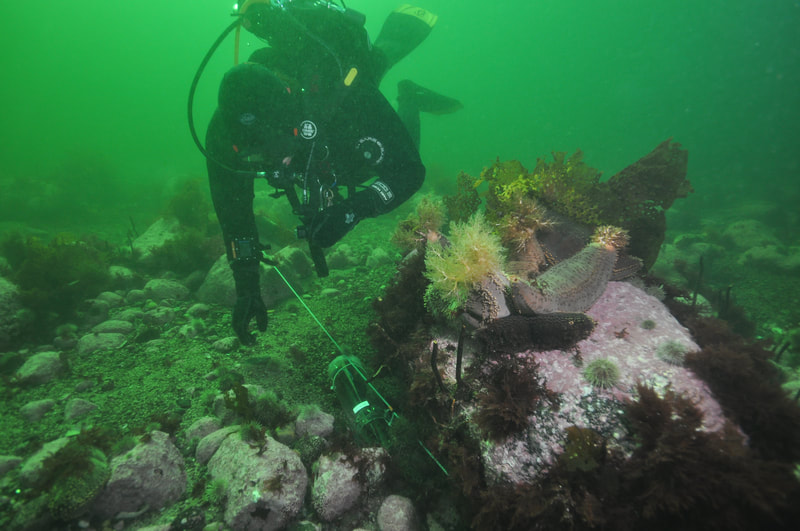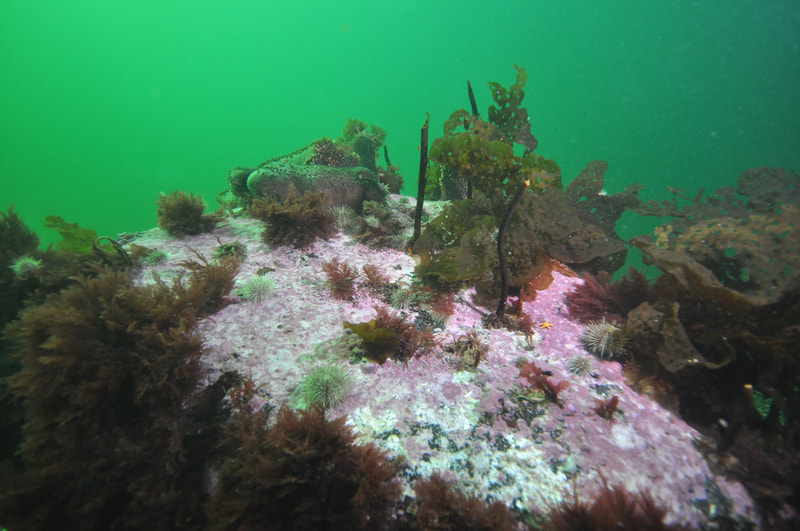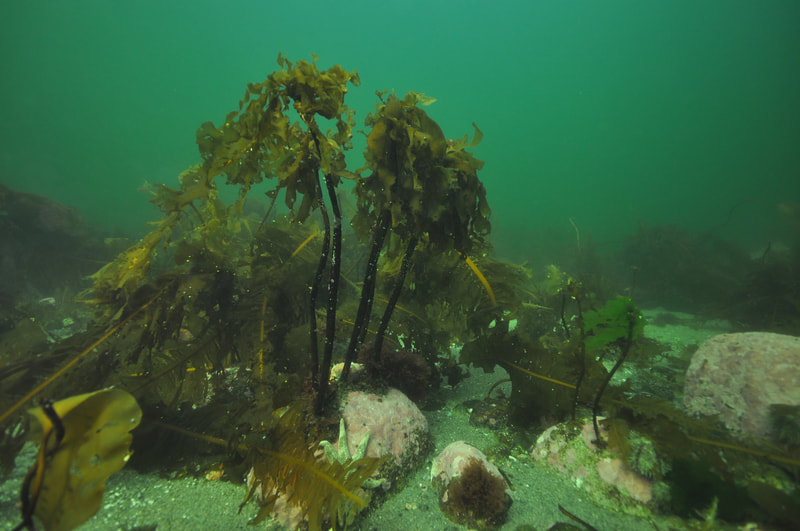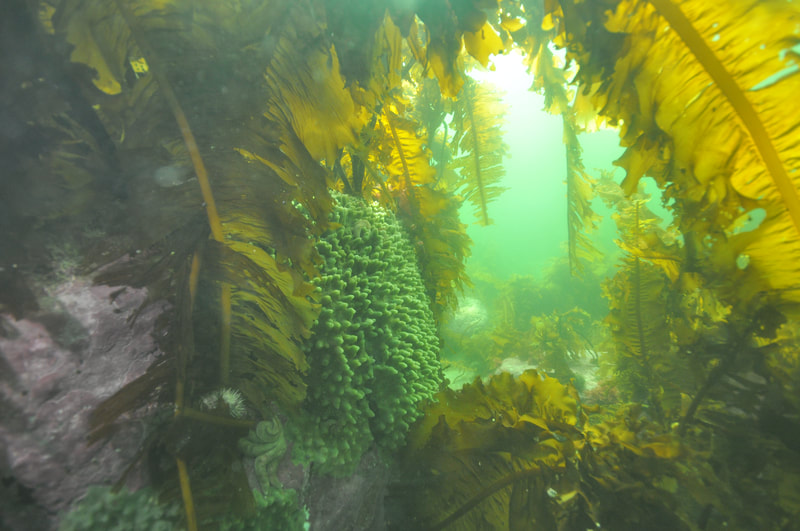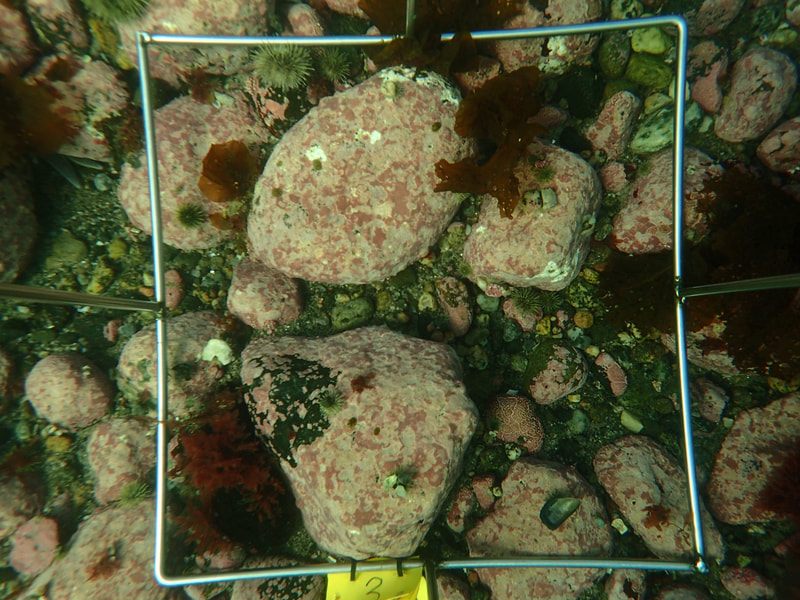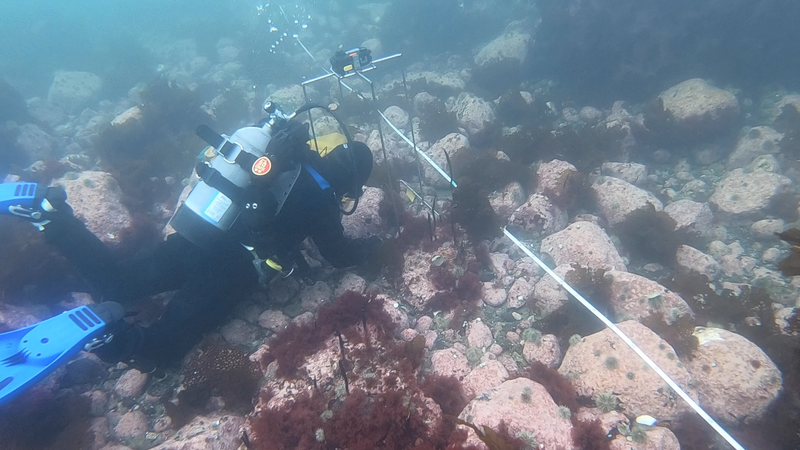|
Context Marine coastal ecosystems play a number of important roles in the functioning of estuaries, while providing diversified ecosystem services to humans. Subtidal habitats are highly diverse and exhibit unique spatial and temporal dynamics. However, very little is known about the mechanisms that drive spatial and temporal fluctuations and their impacts on the functional structure of these communities in the world's largest estuarine system, the St. Lawrence. Moreover, few studies on the biogeography of this system have been conducted in recent decades. It is, therefore, essential to characterize this environment in order both to better identify areas sensitive to environmental fluctuations and to detect the presence of invasive species. This is all the more important in the context of climate change and the implementation of management plans in case of disturbance. This project is the result of a collaboration between Explos-Nature (NPO), Fisheries and Oceans Canada, the Université du Québec à Rimouski/ISMER and the Université du Québec à Chicoutimi. Objectives The overall aim of the project is to characterize the temporal and spatial variations in shallow rocky subtidal benthic communities in relation to habitat diversity. Specifically, this project will assess i) the links between variation in assemblages at different spatial and temporal scales, ii) whether these properties have an impact on community functionality (estimated, for example, using biological-trait approaches), iii) the population dynamics of key species (including the green sea urchin), and iv) the biological sensitivity of these communities to invasive species. The study will use new data collected on the North Shore, while also leveraging existing data from monitoring carried out since 2018 in the St. Lawrence marine estuary. The candidate is expected to satisfy the prerequisites for pursuing a Ph.D. in Biology at UQAC (the host university), which primarily involve holding a master's degree in biology, marine sciences, environmental studies, or a related discipline. The candidate's past occupations must demonstrate experience relevant to the subject. They should also demonstrate good intellectual, organizational, communication and scientific writing skills. A good knowledge of French is an asset as field operations will primarily be conducted in French. Scientific diving will be one of the central tools used as part of the PhD. The successful candidate is expected to work closely with Explos Nature to participate in sampling campaigns, data processing and outreach activities. UQAC, UQAR and Explos Nature attach great importance to the diversity of their student communities, where individual differences are recognized, appreciated, respected and valued, in order to develop each person's full potential and take advantage of their talents and strengths. Consideration of applications will begin in September 2023. Interested candidates are asked to submit their application by e-mail only to the following address: [email protected]. This e-mail should include :
The supervisory team will comprise : Mathieu Cusson, UQAC (http://www.uqac.ca/portfolio/mathieucusson/), Fanny Noisette, ISMER-UQAR (https://www.ismer.ca/recherche/equipe/noisette-fanny) and Kathleen MacGregor, IML-MPO (http://kathleenmacgregor.weebly.com/)
0 Comments
Leave a Reply. |
ArchivesCategories |
||||||
